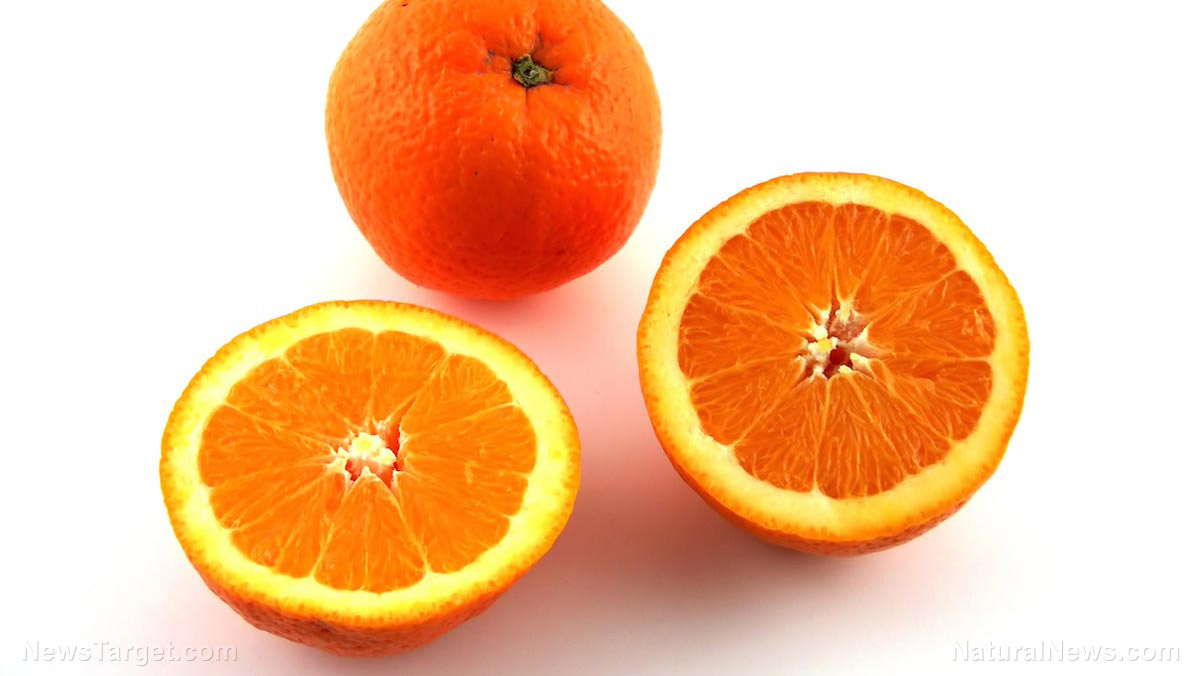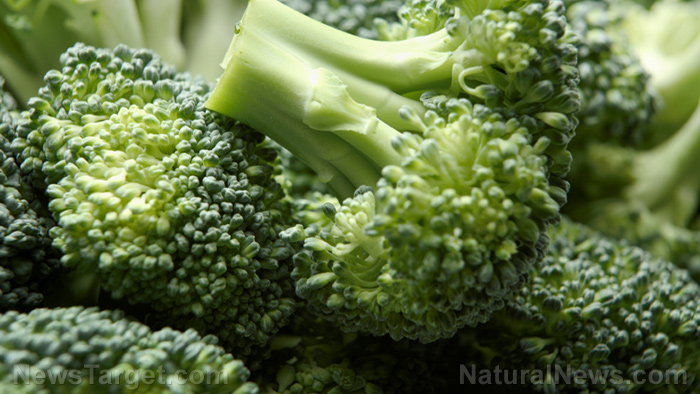Orange peels may help boost heart health by modifying gut microbiota
08/13/2020 / By Virgilio Marin

Scientists are looking at how orange peels can potentially boost heart health by modifying gut bacteria.
Yu Wang of the University of Florida is leading research on orange peels through a $500,000 grant from the U.S. Agriculture and Food Research Initiative. Although the study is ongoing, Wang and her colleagues previously conducted preliminary research that tested the effects of orange peels on mice. The results, she notes, were favorable.
If findings end up as expected, not only will heart health be improved, but the 5 million tons of orange peels that are mostly thrown away will finally be put to good use.
“In addition to improving consumers’ health, our research results could provide additional economic returns, benefiting U.S. agriculture and food systems,” added Wang.
Orange peels can potentially be used to treat atherosclerosis
For the preliminary research, the team experimented on three groups of mice. One group had a regular diet; the second had a regular diet plus carnitine while the third group had a regular diet, carnitine and orange peels.
They found that the mice fed with a regular diet, carnitine and orange peels displayed significant changes in the gut microbiota — the overall microbes that populate the gut.
Previous studies linked gut bacteria with cardiovascular disease.
In a study from the Cleveland Clinic, researchers showed that gut bacteria produce trimethylamine or TMA when fed with choline, lecithin and carnitine. These substances are abundant in animal meat. Enzymes will then convert TMA into trimethylamine N-oxide or TMAO, levels of which serve as powerful predictors of future cardiovascular diseases such as stroke.
Wang and her colleagues wanted to look into the gut bacteria and how extracts from orange peels may improve the gut’s ability to stave off fatty linings in the arteries. They hypothesize that orange peels modify the gut microbiota and help prevent atherosclerosis, a disease in which plaques form on the inner walls of arteries. This is because orange peels have components that interfere with TMA enzymes.
Their research, however, will further examine how this works.
“Within three years, we expect to understand more about the mechanisms associated with orange peel consumptions, TMAO formation and the prevention of atherosclerosis,” Wang shared.
The researchers also found that the mice didn’t get overweight in their preliminary study, mounting evidence in favor of orange peels.
Should you eat orange peels?
Orange peels are often discarded while the inner flesh is eaten instead. However, what people often forget is that orange peels and husks are highly nutritious too. Nutrients in the flesh and juice can also be found in the pith and peel, although they occur in different concentrations and with other possible compounds.
In fact, a tablespoon of orange peel provides a daily value of vitamin C nearly 3 times more than the inner fruit. The same serving also has about four times more fiber. (Related: The antimicrobial and antioxidant potential of folded orange oils.)
The question, then, is whether one should eat orange peels.
There are important considerations to keep in mind before eating the peel. First, many oranges contain pesticides that pose harmful effects on the body and are linked to diseases. In this case, it is safer to eat the inner fruit as it contains undetectable amounts of pesticide compared to the peel.
Furthermore, orange peel can be difficult to digest. Eating large amounts can be especially challenging and lead to stomach cramps and bloating. Meanwhile, it’s unpleasant to eat — the texture is dry, tough and hard to chew while the taste is bitter.
However, it doesn’t mean you can’t eat it. You can wash the fruit first with hot water and consume it in small amounts. You can cut it into thin strips or use the zest for salads and smoothies. This way, you get the nutrients in orange peel while minimizing potential risks.
Learn more about the uses of orange at Fruits.news.
Sources include:
Tagged Under: alternative medicine, atherosclerosis, disease treatments, food cures, food is medicine, fruits, heart health, natural cures, natural medicine, Orange, orange peel, prevention, research
RECENT NEWS & ARTICLES
COPYRIGHT © 2017 NATURAL MEDICINE NEWS




















